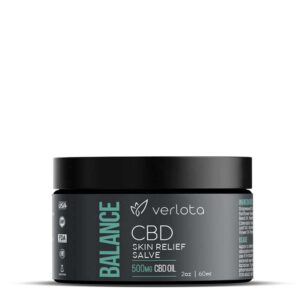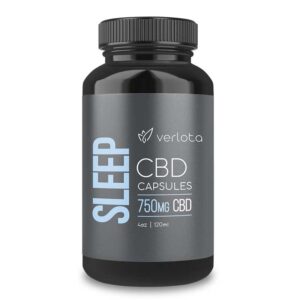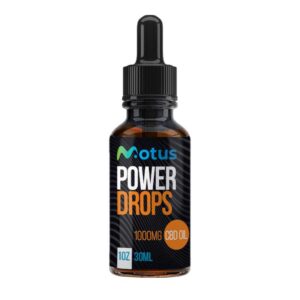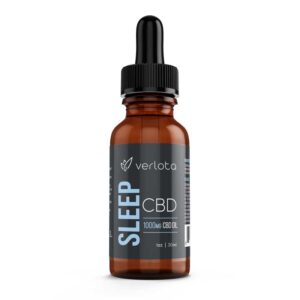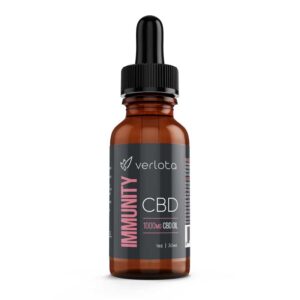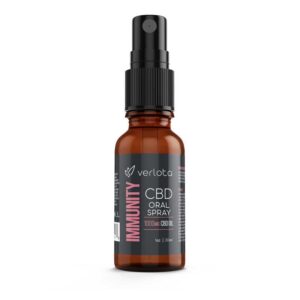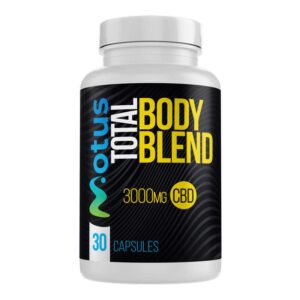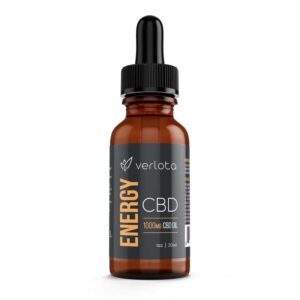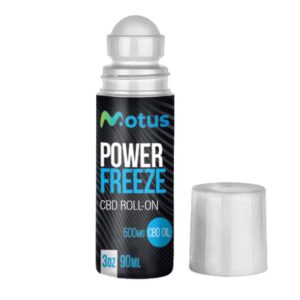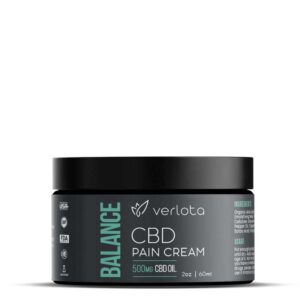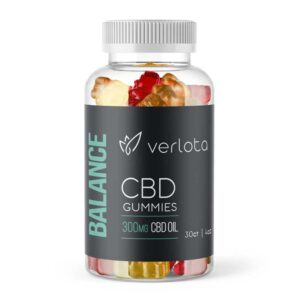Chances are you’ve heard of the Aloe Barbadensis plant, but do you know what this particular succulent is and the wonders it can do for your health? People have been drinking Aloe Barbadensis leaf juice – better known by its other moniker, Aloe Vera leaf juice – for centuries. Next time you’re shopping at your local supermarket try and find products that contain Aloe Vera and you won’t have to look for very long. Aloe Vera has numerous applications, such as in nourishing bathroom products like shampoo or skin creams, as an anti-inflammatory in beverages, or included in after-care products such as sunburn gels/sprays.
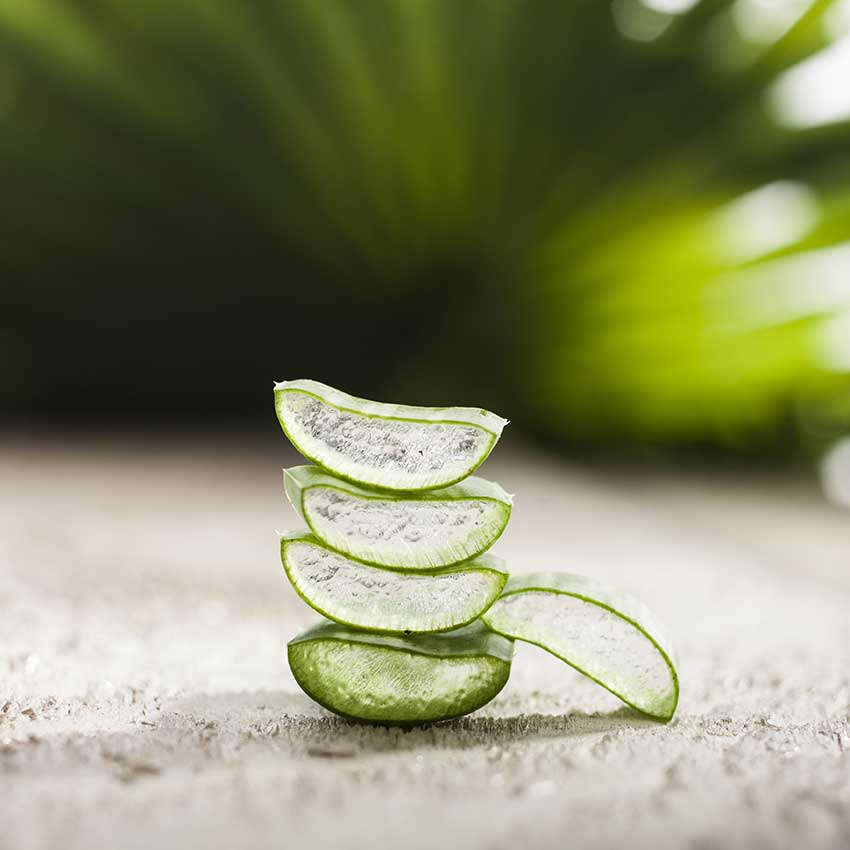
Aloe Barbadensis extracts have a number of positive influences on your health, so no matter if you’re ingesting it or applying it topically this particular plant remedy can help you feel better in many ways.
Are you curious about Aloe Vera leaf juice benefits? Maybe you’ve heard a lot about Aloe Barbadensis leaf juice skin benefits and you’d like to try some for yourself? Just like with the leaves themselves, we’re just scratching the surface of how truly beneficial these plants can be for you, your loved ones and even your pets.
With Aloe Vera Barbadensis in your daily routine, you can overcome a great number of ailments, so let’s leaf your troubles behind and extract some of the secrets from this unique plant. Let’s squeeze some of the juicy intel out of these naturally healing plants and apply that knowledge to the surface of our health & fitness regimes.
THE ALOE BARBADENSIS PLANT
The first thing you need to know about Aloe Barbadensis plants is that they’ve been around for millenia. The longstanding history of Aloe Vera dates back to traditional medicines in Ancient Greece, Egypt, China and India, and the 350 species of Aloe can be found all over the world in tropical, arid and subtropical climates.
As a member of the Asphodelaceae family, Aloe Vera Barbadensis is a succulent, perennial plant that closely resembles a cactus. Its serrated, triangular leaves are very distinctive and hearty against the elements, which is one of the reasons it is able to thrive in arid climates like deserts of Africa & Asia and tropical environments of South America & India. The leaves contain almost all of the plant’s water contents – 99% thereabouts – including its amino acids, lipids and vitamins.
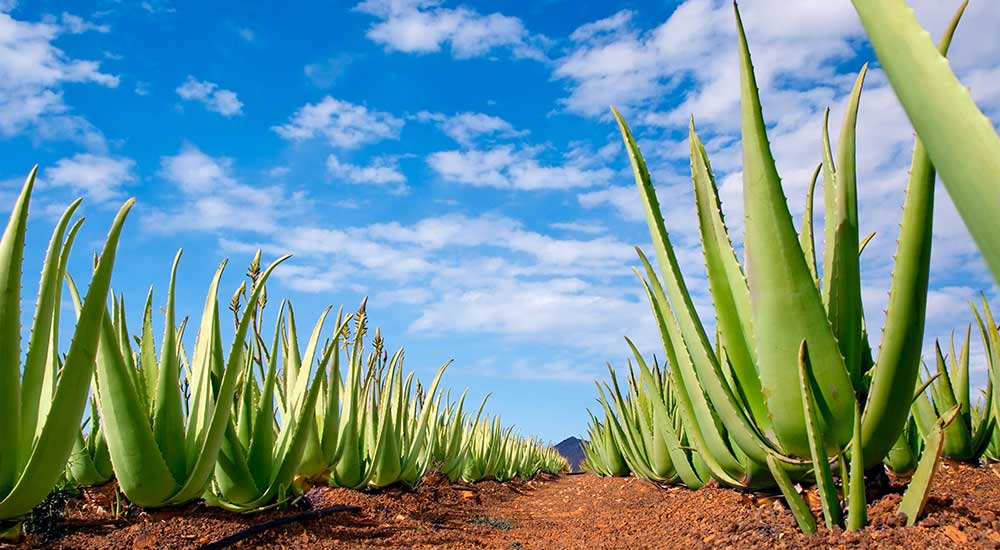
The full spectrum of beneficial nutrients you can find in Aloe leaf juice is a lengthy list, including (not limited to):
- Vitamins: beta carotene (vitamin A), vitamin C, vitamin E, vitamin B 12, folic acid (B6) and choline (B8)
- Minerals: calcium, chromium, copper, manganese, magnesium, potassium, selenium, sodium and zinc
- Enzymes: aliiase, alkaline phosphatase, amylase, bradykinase, carboxypeptidase, catalase, cellulase, lipase and peroxidase
- Anthraquinones: known to exhibit antibacterial and antiviral properties through aloin, emodin and 12 other anthraquinones
- Polysaccharides: Aloe’s unique sugar contents, Acemannan, has shown to support strong immune systems, soothe gastrointestinal discomfort and can has some antiviral properties
- Fatty Acids: cholesterol, campesterol, sisosterol and lupeol, exhibiting anti-inflammatory, analgesic and antiseptic properties
- Amino Acids: 20 of 22 amino acids important to human health, such as salicyclic acid (anti-inflammatory), lignin (skin nourishment) and saponins (antiseptic)
It’s clear to see that these plants are full of nutrients that can have many positive impacts on your body. Whether you take Aloe Vera supplementally to ward off infections and ease your gastrointestinal system, or use it as a natural remedy for on-demand skin irritation, this ancient plant is a modern marvel for healthy skin, gut and relief from inflammation.
ALOE VERA LEAF JUICE: HOW IT CAN BENEFIT YOU
For centuries, many cultures have cultivated and harvested the leaves of the Aloe Barbadensis Miller and drank its contents for nutrition as well as relief from a variety of ailments. Traditionally, Aloe Vera leaf juice has been applied topically to dry or irritated skin, burns, cuts, and a variety of rashes.
Why is Aloe leaf juice so beneficial when taken internally and applied externally? This incredible plant is bursting with essential nutrients like vitamins, minerals, enzymes, fatty acids and amino acids.
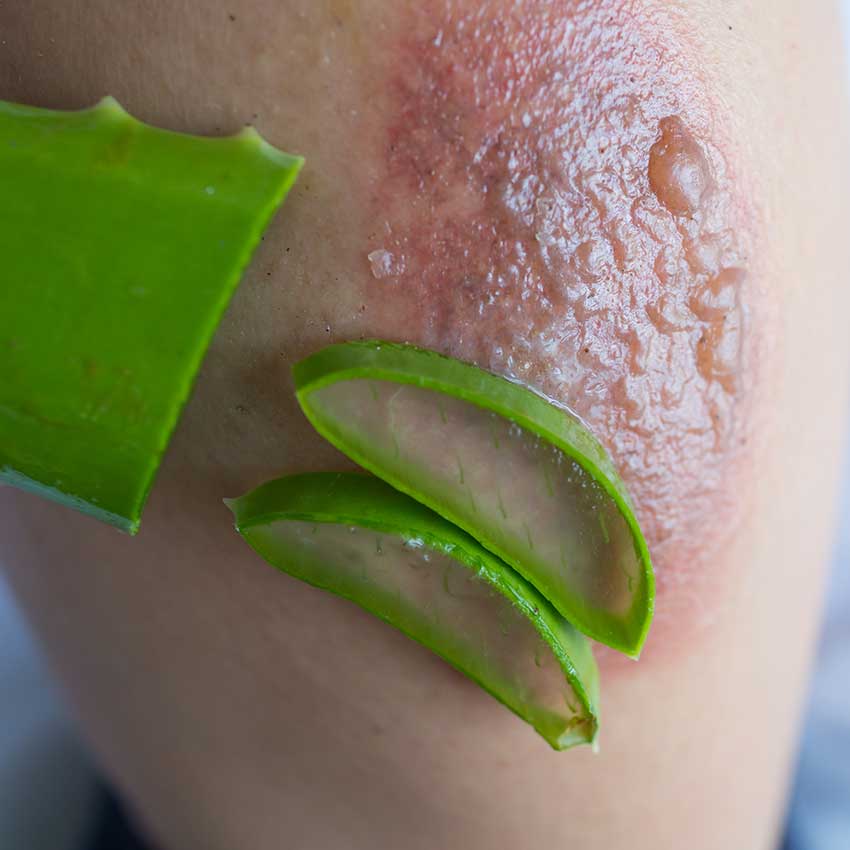
With so much history, there’s obviously a lot of documented uses of Aloe Vera leaf juice, but perhaps the most renowned study concerning its medicinal properties centered around radiation burn treatment. Aloe Barbadensis extract in gel form was applied to radiation burns and was helpful in preventing further tissue damage, and it actually helped with repairing of the irradiated skin tissues.
How does Aloe do this? When you apply Aloe Vera topically an antioxidant protein called metallothionein is produced, which counteracts radicals and reduces oxidative stress[1]. This example illustrates why Aloe leaf juice for skin is one of its most popular uses, and this specific research study exemplifies why Aloe can also help protect and repair skin damaged by UV radiation.
Aloe Vera Barbadensis has cropped up in so many other products these days that it’s bordering on coconut oil-levels. Aloe leaf juice and Aloe Barbadensis extracts can be found in many cosmetics, personal care products and natural health supplements. Everything from sunburn aftercare, moisturizing lotion, shampoo, bodywash and skin creams contain Aloe Vera in one of its forms.
Aloe Vera leaf juice benefits don’t just apply to your skin, however, because another popular family of Aloe-base products are designed to help your gastrointestinal inflammation. Aloe Vera Barbadensis is fantastic for soothing irritated guts, stomachs and bowels because of its anti-inflammatory properties.
Here’s a comprehensive list of Aloe Barbadensis leaf juice’s benefits for skin, gastrointestinal systems and everything else:
Can heal your skin, soothe burns, diminish scarring and accelerate healing
Aloe leaf juice gel can increase your skin’s collagen production, leading to accelerated healing of wounds, reduced scar tissue size but strengthened tissue elasticity. Aloe’s healing properties can significantly improve your skin’s ability to overcome burns, cuts & scrapes and rashes.
Will reduce inflammation, inhibit soreness & swelling
By inhibiting prostaglandin and the enzymes that produce prostaglandin, Aloe Vera can significantly reduce the onset of swelling in both skin and connective tissues. When ingested orally, Aloe leaf juice can also provide pain relief for internal discomfort and muscle/joint pain.
Can help with constipation, indigestion and ulcers
Due to its anti-inflammatory properties and nourishing nutrients, Aloe can increase mucous production in the stomach, gut and bowels, helping to ease nausea, cramping and constipation.
Demonstrates antiviral, antiseptic and antitumor effects
Acemannan, the sugar- carbohydrate primarily found in Aloe Vera, has shown some evidence as having therapeutic properties like acceleration of wound healing, immune stimulation, anti-cancer and antiviral effects[1]. Aloe also contains 6 major antiseptic agents – lupeol, salicylic acid, urea nitrogen, cinnamic acid, phenols and sulfur – which can inhibit fungi, bacteria and viruses.
Has the capacity to moisturize & nourish your skin
Aloe Barbadensis helps to bind moisture to your skin cells, and its anti-inflammatory polysaccharides are excellent for reducing irritation or dryness on the surfaces of your body. Aloe has been known to soften skin, reduce wrinkles and helping to diminish acne by strengthening skin cells and providing nourishment to any affected areas.
Aloe leaf juice for skin can be a real game changer, especially because it is very safe for almost everyone. Of course, with all its benefits there are still certain risks you should be aware of when combining even a natural remedy like Aloe with medications or ointments. Some of the most common side effects of Aloe Vera topicals/consumption include:
- Redness, sensitivity or stinging feelings in skin conditions like dermatitis
- Some cramping or constipation can occur in people who suffer from extreme GI conditions
- Anyone with possible allergies to Liliaceae plants might experience swelling, itchiness or tingling from Aloe vera leaf extract topicals
- The risks of enhanced absorption of other substances like steroidal creams, skin medications, etc can increase when combined with Aloe Vera
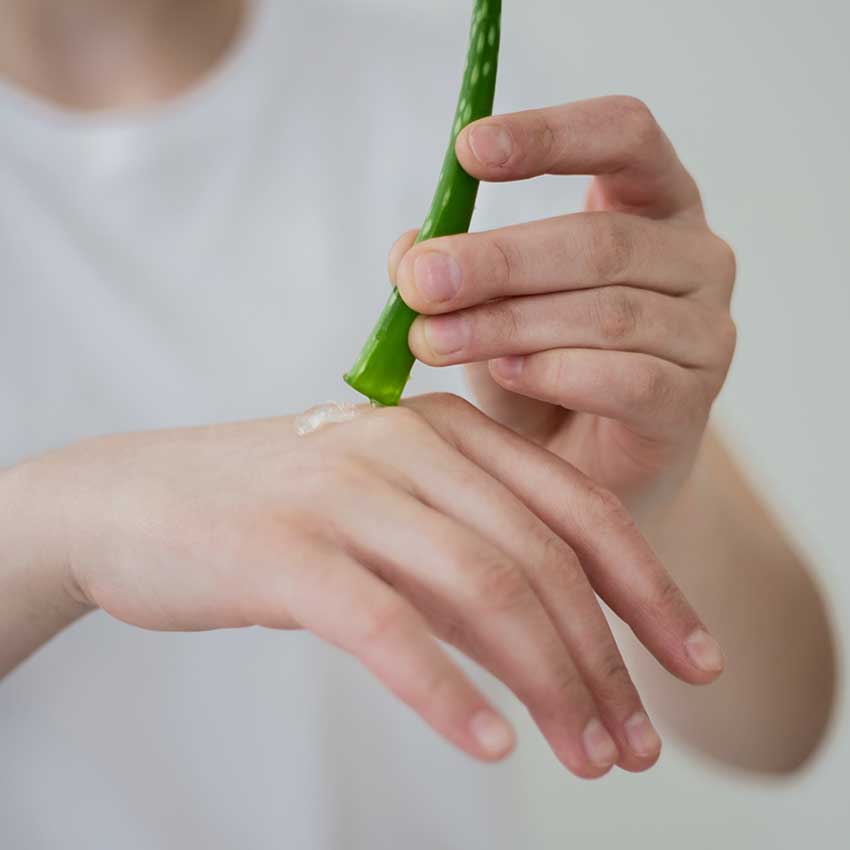
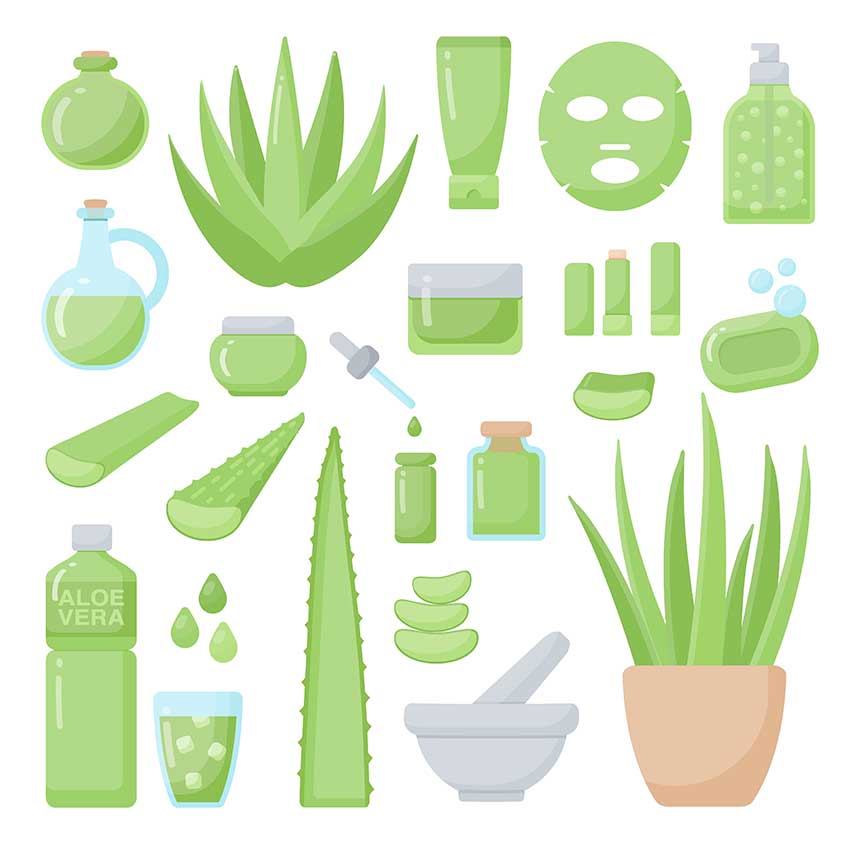
With these potential side effects in mind, there are still so many successful applications for Aloe Barbadensis that it merits further research as a potentially life-changing topical remedy. Conditions like dermatitis, psoriasis, herpes, ulcers, acne, constipation, burns (including sun burns, frostbite and radiation exposure) and gastrointestinal irritation can be treated with Aloe Vera leaf juice.
Next time you suffer from the symptoms of dry/itchy skin, rashes, wounds (including burns), internal or external inflammation and gastrointestinal discomfort, try one of nature’s most safe & soothing plant remedies and apply some Aloe to your area of need.
FAQ’s
Is Aloe Barbadensis leaf juice safe?
Aloe Leaf juice is certainly safe for consumption, topical application and even as a cleaning agent in some naturally-derived products. Aloe Barbadensis leaf extract and leaf juice can be very beneficial for inflammation, gastrointestinal issues and a host of other positive health effects.
Is Aloe Barbadensis leaf juice the same as Aloe Vera?
Aloe Barbadensis leaf juice – better known as Aloe Vera – are one and the same, simply having different uses around the medical & commercial markets. Both terms refer to derivatives from the Aloe Barbadensis plant – a succulent plant species that typically grows in tropical and semi-tropical environments.
What is Aloe Barbadensis leaf water?
Aloe Barbadensis leaf water is an extracted, distilled form of Aloe Vera that is derived from the leaves of the Aloe Barbadensis plant. Typically mixed with other beneficial nutrients as a health supplement/beverage, Aloe Barbadensis leaf water is beneficial for skin, gut and gastrointestinal health.
What are the side effects of drinking aloe vera juice?
Aloe Vera juice is not known to have common side effects, but in very rare cases some people have encountered diarrhea, nausea, blood sugar spikes and other feelings of discomfort when consuming large volumes of Aloe Vera. These are considered to be very infrequent occurrences, but nonetheless need to be a part of your consideration when taking Aloe Vera juice.
Is it okay to drink aloe vera juice everyday?
Aloe Vera juice can be extremely beneficial for your gut, bowel and gastrointestinal system in general. Aloe Vera has shown an aptitude for soothing inflammation in the GI tract, easing bloating & gas, and helping people treat conditions of discomfort such as ulcers or IBS.
How much aloe vera juice should I drink daily?
Depending on the nature of your need – whether you want to casually try Aloe Vera juice, or if you have an expressed medical need for relief – many people find 1-2 glasses of Aloe Vera juice to be of consistent benefit to their gastrointestinal health.

